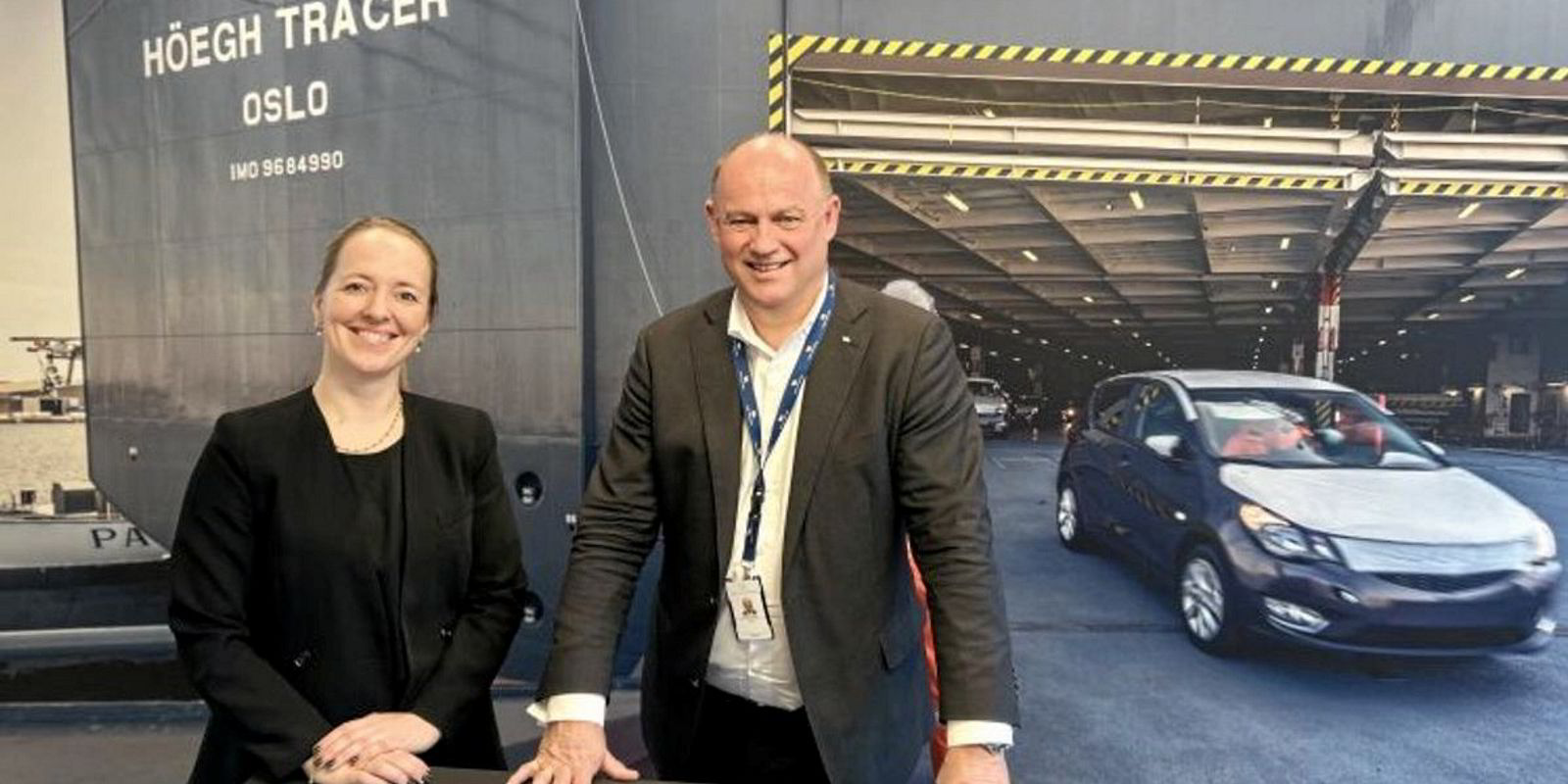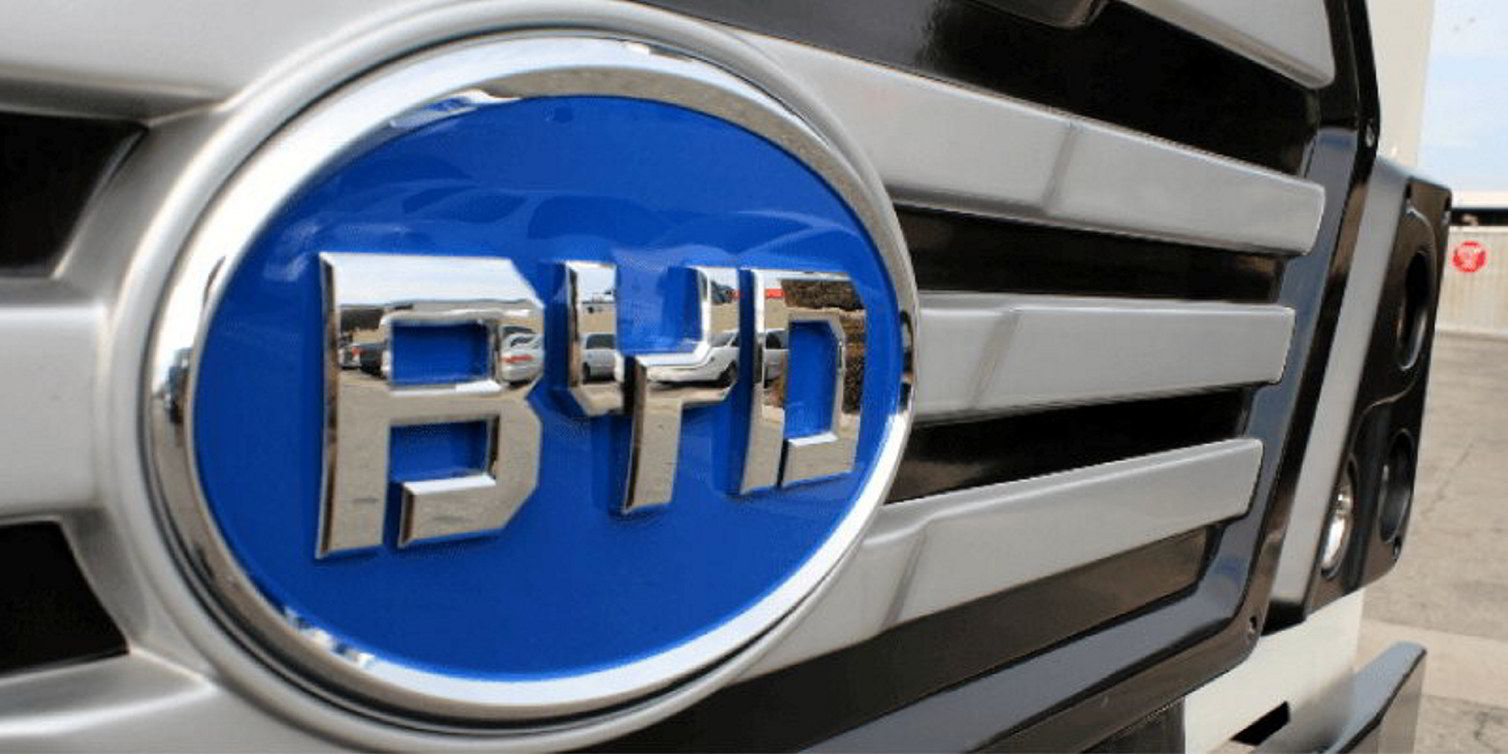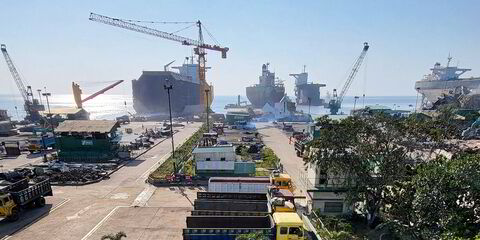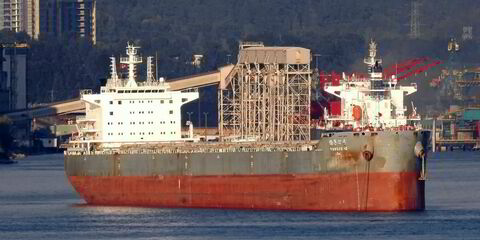Hoegh Autoliners announced on Monday that it had declared options on four 9,100-ceu newbuildings in China, lifting its orderbook at China Merchants Heavy Industry (Jiangsu) to a total of 12 vessels.
TradeWinds reported in May that the company was likely to go ahead with the extra orders, which are believed to be worth in total nearly $400m.
In its statement on 17 July, the Oslo-listed tonnage provider said it could increase the vessels it has under construction even further, as it has options for another four ships at the same yard, as well as slot reservations for yet another four.
The 12 existing newbuildings, described by Hoegh as its “Aurora class” vessels, have a capacity of 9,100 ceu each and are scheduled to be delivered from July 2024 onwards.
The company has described them as “the biggest and most environmentally friendly car carriers [to be] ever built”.
The only comparable newbuildings by size, according to TradeWinds records, is a pair of 9,400-ceu vessels ordered late last year by Chinese domestic electric vehicle maker BYD, again at China Merchants.
Hoegh has revealed no price details on its declared newbuilding options but the company said it will finance them through a combination of equity from its own operation and debt.
“Hoegh Autoliners is actively exploring various financing alternatives and anticipates having committed financing in place before year-end,” it said.
The vessels will be “multi-fuel and net-zero carbon”, with Hoegh adding that it reserves an option to convert one or more of them to ammonia propulsion “as soon as the technology is available”.
Hoegh’s orders come as car-carrier markets continue to run hot, helping the company post its best-ever freight rate during the second quarter at $75 per cbm.
In recent monthly updates, the company has been reporting high demand for its transportation services, with “all vessels full ... on all sailings” and 4.1m-cbm of transport work carried out between April and June.
In May, Norwegian investment tycoons Arne Fredly and Oystein Stray Spetalen both bought shares in the company, which operates around 40 ro-ro vessels and makes about 3,000 port calls each year.




